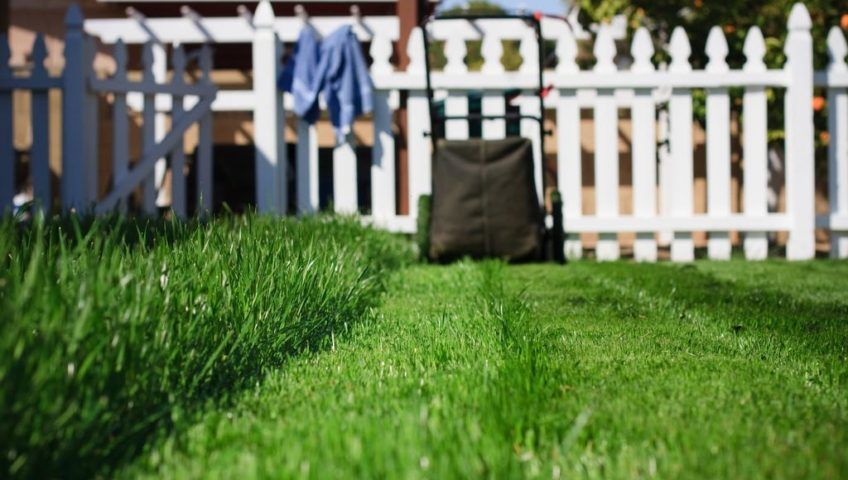“I grew up at my grandmother’s house, and she had a beautiful garden. I used to hate mowing the lawn and weeding, which is what you do when you’re a kid. I loathe gardening, but I love gardens, and I have two beautiful gardens.” – Elton John
A beautifully manicured and maintained lawn is seen by many people across the globe as the highlight of a magnificent garden. Additionally, it is important to note that there are a time and cost price to be paid for the perfect lawn.
According to the quotation mentioned above by Elton John, it takes a lot of hard work to ensure the perfect lawn. Moreover, lawn maintenance is a process that spans all twelve months of the year. This is true even for regions where it snows in winter.
Traditionally, winter is the time where lawn-maintenance plans are reviewed and gardening equipment is cleaned, oiled, and maintained. A critical part of the winter equipment maintenance plan is to ensure that all blades like lawnmower blades are sharpened.
Pest control as part of your garden maintenance
Unfortunately, pests can invade your lawn just like weeds do. A typical example of this is the garden spider, or more specifically the Wolf Garden Spider.
Therefore, the question that must be asked and answered is: “How do you prevent pests from taking over your lawn?”
The simple answer is that you engage with pest control specialists like Boston Spider Control for a comprehensive garden spider, and other common pest, management program.
Before we look at practical tips on how to manage garden pests, it must be noted at this juncture that it is far better to prevent pest infestations from occurring than trying to remove them after they have moved in. Also, while using poisonous chemicals such as pesticides is a common method to remove a spider infestation, these chemicals will kill the good insects and invertebrates like earthworms.
As an aside, the earthworm’s primary role is to aerate the soil allowing air and water to penetrate the soil sufficiently. Finally, the earthworm also helps break down organic matter like compost and grass clippings to fertilize the soil.
Tips to manage and control garden pests
By way of expanding on the question that was asked and answered earlier, here are a few simple tips on managing and controlling garden pests:
Remove the pests’ natural environment
It is vital to ensure that all tree leaves, grass cuttings, and other garden refuse are regularly picked up and put onto a compost heap or disposed of properly. This will prevent pests from making their homes in the piles of garden refuse if it is left lying around. It is safe to say that this is an imperative of pest prevention and control.
Keep your lawn healthy
A dense, lush lawn with healthy grass will naturally repel pests from moving in. Thus, it is extremely important to ensure that your grass is well-looked after to ensure healthy growth. Activities that promote a healthy, well-maintained lawn includes regular cutting, feeding, and watering.







